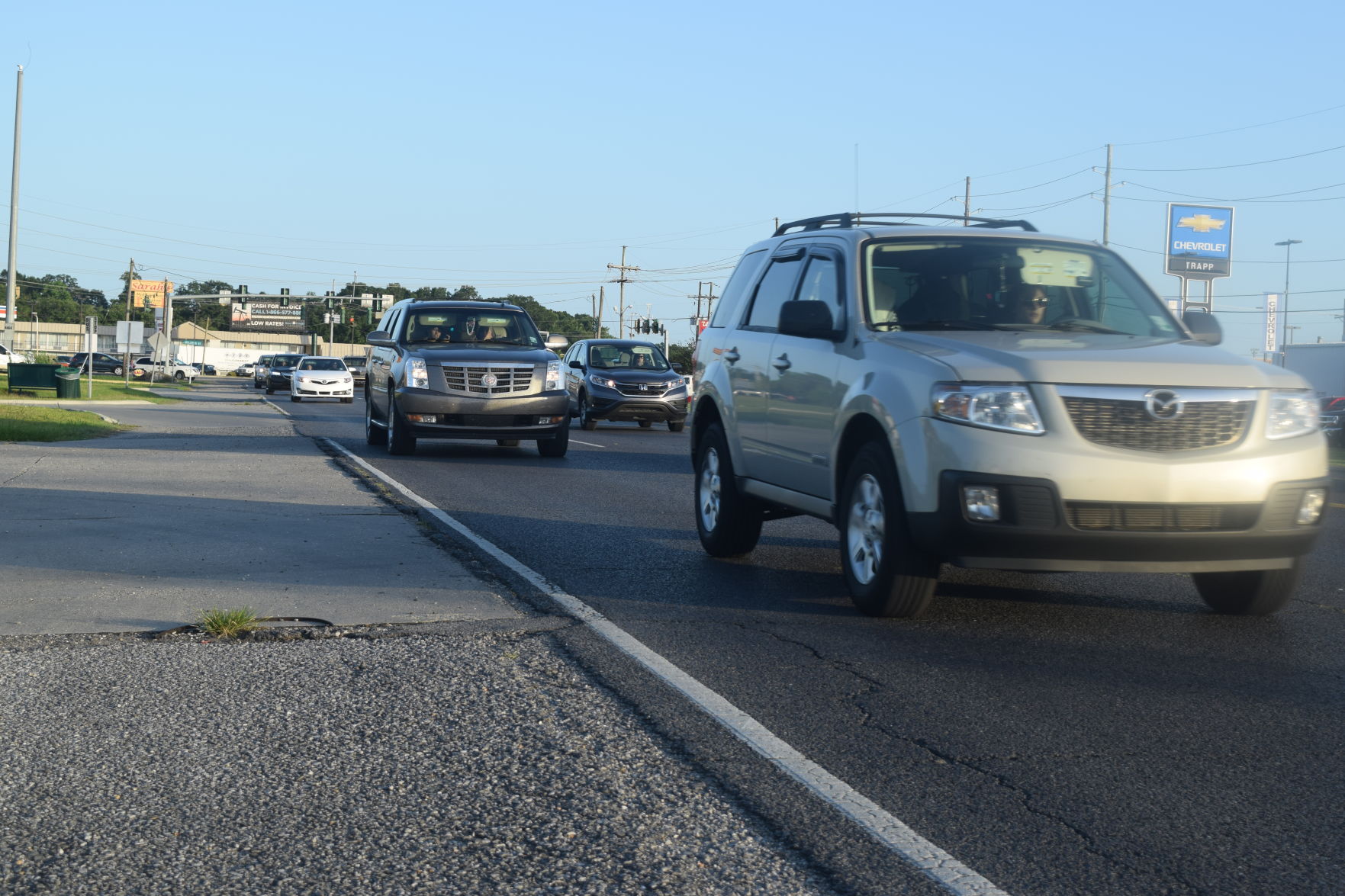Be an effective citizen
June 21, 2016
La. road conditions ranked low for drivers
June 21, 2016For some Americans, climate change is an abstract idea without immediate or local consequences. For others, climate change is viewed as a political or economic issue rather than a scientific one. For Catholics, climate change is first and foremost a moral issue disproportionately threatening the life and dignity of the world’s poorest and most vulnerable people and reflecting a break in the covenant with our Lord to be good stewards of the earth entrusted to our care.
For those of us who live along the bayous of coastal Louisiana, what is at issue is not only breaking the covenant, but also securing the survival of our culture and communities. One civil parish (county) in our own Catholic Diocese of Houma-Thibodaux bears the French name Terrebonne or the “Good Earth.” A recent New York Times profile of local Native American families living on Isle de Jean Charles in Terrebonne Parish states that climate change is one of the reasons forcing them to move off their “good earth” due to sea level rise. In this case, our enduring problems of coastal erosion and subsidence have posed an on-going threat to Isle de Jean Charles. The introduction of sea level rise, caused by climate change, has led to the present tipping point. The displacement of these families and that of other Americans who live in coastal communities calls for urgent action. Thankfully, federal, state and local governments continue to fund coastal protection and restoration projects and the federal government has now allocated the first relocation funds to help families who no longer have the option to remain in their homes and communities.
In his encyclical letter Laudato Si’ (Praise be to you, my Lord), issued one year ago, Pope Francis emphasizes that human-caused climate change is a reality with grave consequences for all people, especially the poor and marginalized. These insights amplify those of Saint John Paul II and Pope Emeritus Benedict XVI. Like his predecessors, Pope Francis’ attention to climate change is informed by the experiences of individuals and communities around the world.
Catholic Relief Services (CRS), the international humanitarian agency of the Catholic Church in the United States, also knows firsthand about the widespread effects of the changing climate. CRS assists people living in low-lying areas, such as those along the Bangladeshi coast, who are now more prone to flooding due to rising seas – linking them to our own Louisiana experience. And the forecast for many parts of the African Continent where CRS works parallels what the scientists are warning us about
coastal Louisiana and other communities in the United States – that we face more frequent and severe hurricanes and increased periods of drought.
As the Catholic bishop of a community impacted by climate change, I am encouraged by the impact that Laudato Si’ has had in helping the world – including the United States – rethink approaches to climate change. We are allocating local, state and federal funds to protect and restore our natural resources by addressing erosion and subsidence. However, the solutions to climate change require a world-wide response. Pope Francis made plain a simple reality: that the scale of global climate change requires coordinated efforts, especially at the national and international levels. Here in Louisiana we are working to be good stewards of our wetlands and barrier islands and all of the natural resources they contain, but uncontrolled sea level rise due to climate change could overwhelm all of the protection and restoration work that we have done and are doing.
Few doubt that Laudato Si’ helped spur world governments meeting in Paris last December to commit to addressing the causes of climate change and to robustly fund measures to help people adapt to its already unavoidable consequences. The United States Conference of Catholic Bishops (USCCB) supports the first U.S. contribution to the international climate change adaptation fund and urges funding our full commitment. The USCCB further supports passage of the country’s first national carbon
pollution standards. The Catholic Climate Covenant has been working with local and national partners to provide additional avenues for action and education on climate change. These approaches integrate both care for creation and care for our most vulnerable people, which includes many in this beautiful coastal diocese in which I serve.
The U.S. must continue to build critical climate resiliency in vulnerable states like Louisiana. Positive steps in addressing climate change have been taken, but there is still more work to be done and we need leaders willing to do this work.
For the sake of our brothers and sisters, around the world, in the United States and increasingly in the Diocese of Houma-Thibodaux, we all have a moral responsibility to solve the climate crisis and begin planning how we will assist those who will be most impacted by its harmful effects on our Good Earth.





